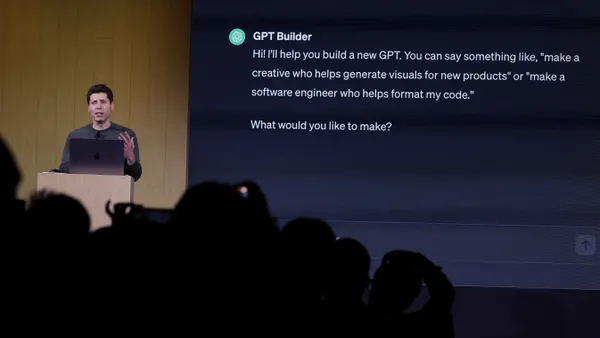Dive Brief:
- As supply chain problems threaten U.S. access to semiconductors – a crucial component of smartphones, military technology and more – one organization is hoping that training and DEI measures can help.
- To fight talent shortages in the semiconductor industry, the SEMI Foundation and the Council for Adult and Experiential Learning announced July 11 a platform aimed at strengthening access to training and job opportunities in the space for underrepresented groups. The SEMI Career Exploration Platform uses competency and interest matching to help individuals find their path and includes a job board and education programs.
- "With rising demand for semiconductors, the ongoing chip shortage, and the industry's corresponding push to expand production, the talent gap will remain a headwind to microelectronics growth and innovation unless more people are drawn to careers in the industry," Shari Liss, executive director of the SEMI Foundation, said in a statement.
Dive Insight:
Poorly defined career paths and unequal access to opportunity have long been barriers to reskilling across industries. RAND Corporation research from 2019 said that matching and rematching workers with jobs aligned with their skills will be key to overcoming this issue, though it would require greater camaraderie between businesses, educators and training organizations.
When the pandemic hit, many employers did turn to partnerships with governments and independent organizations to keep upskilling alive and help workers laid off due to lockdowns. One such coalition – the SkillUp Coalition – focused specifically on connecting jobless workers with resources such as tuition for training programs in high-demand industries and open jobs.
Individual employers can also shift their focuses toward skills and skill acquisition. Employers can focus on “skill adjacencies” to help fill roles, Gartner said in research published in February 2021. To do so requires an in-depth understanding of employee skill sets, however, which means employers need to be keenly aware of their available career paths and have tech that allows them insight into what skills each worker owns, Gartner noted.
Employers have historically struggled with development availability. A Randstad survey published in November 2021 showed that while HR may believe their orgs offer skilling opportunities, employees don’t agree to the same extent.













